Authorship Analyst - AI Authorship Analysis Tool
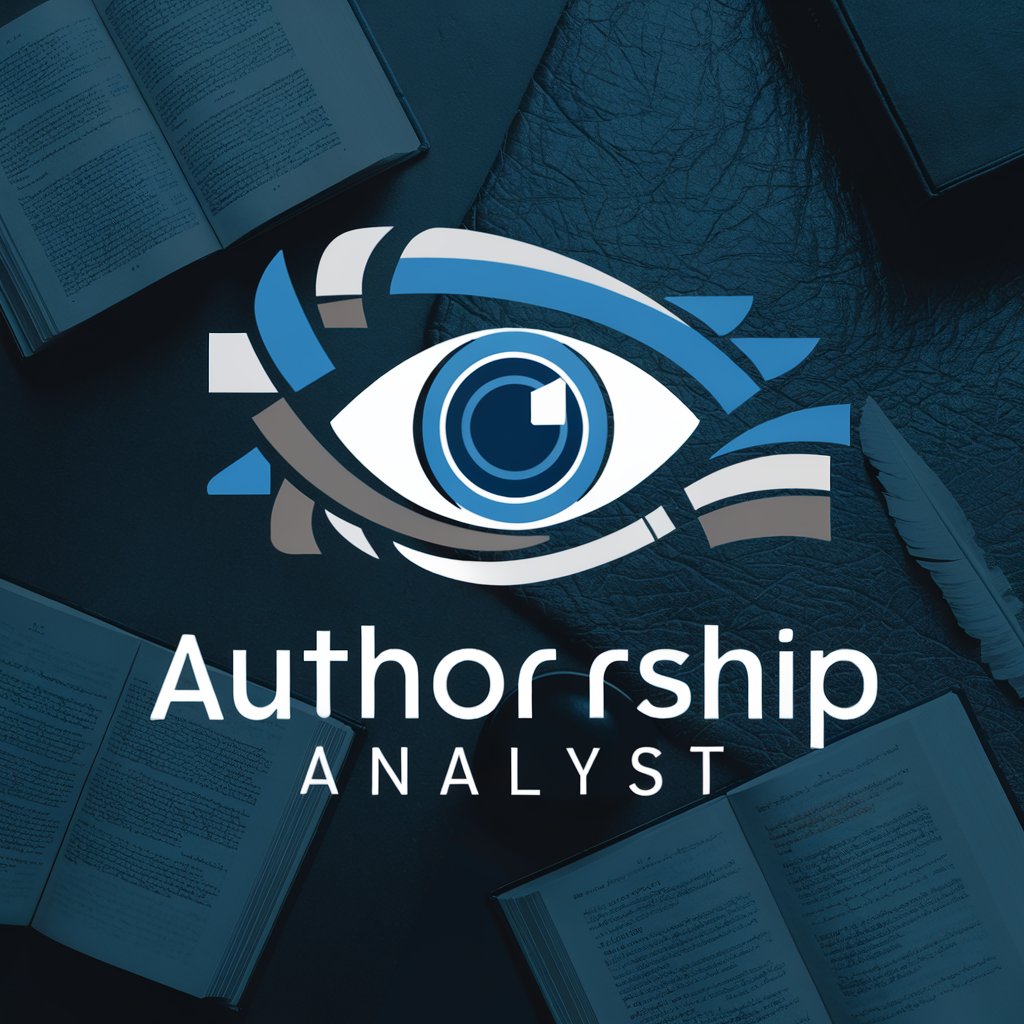
Hello, I'm here to help analyze your academic texts!
Deciphering Text Origins with AI
Analyze the structure and vocabulary of this thesis to determine the likelihood of AI authorship.
Evaluate the writing style in this academic paper and compare it with known AI writing patterns.
Assess the coherence and flow of this text to identify any indicators of human or AI authorship.
Review this student essay and provide a likelihood assessment of AI involvement based on current trends.
Get Embed Code
Introduction to Authorship Analyst
Authorship Analyst is a specialized tool designed to analyze academic texts, with a particular focus on student theses, to determine whether the content is more likely written by a human or generated by artificial intelligence (AI). This tool examines various elements of writing, including structure, vocabulary, style, and more, to identify patterns that are characteristic of AI-generated texts versus human writing. It is crafted to assist in maintaining academic integrity by helping educators and researchers discern the origin of written work. For instance, Authorship Analyst can scrutinize a thesis on environmental policy, comparing the complexity of arguments, use of specific academic jargon, and the narrative flow to known databases of AI writing styles and human-authored papers, providing a probabilistic assessment of the authorship. Powered by ChatGPT-4o。

Main Functions of Authorship Analyst
Authorship Probability Analysis
Example
Analyzing a thesis on 'The Impact of Climate Change on Coral Reefs' to determine the likelihood of AI authorship.
Scenario
In a scenario where a professor receives a thesis that is exceptionally well-written and wants to ensure its originality, Authorship Analyst can analyze the text to provide insights into whether the content's complexity, style, and usage patterns align more closely with human or AI writing.
Writing Style Comparison
Example
Comparing a series of blog posts about quantum computing to identify stylistic consistencies or discrepancies.
Scenario
When a lecturer suspects a student of inconsistent writing quality across assignments, Authorship Analyst can compare the texts to detect significant variations in style and vocabulary usage, which may indicate different authorships, including potential AI involvement.
Text Complexity and Vocabulary Analysis
Example
Evaluating the level of technical jargon in a research paper on genetic engineering to assess its authenticity.
Scenario
A journal editor, questioning the originality of a submitted article, uses Authorship Analyst to examine the paper's complexity and specific terminologies. The tool assesses whether the text's sophistication and vocabulary breadth match expected levels for human-authored academic research in the field.
Ideal Users of Authorship Analyst
Educators and Academic Institutions
Professors, teachers, and academic institutions stand to benefit significantly from Authorship Analyst. They can use this tool to verify the originality of theses, essays, and research papers, ensuring students' work is genuinely their own and adheres to academic integrity principles.
Students
Students can use Authorship Analyst to self-assess their work for AI-like patterns, ensuring their writing remains authentic and unique. This can be particularly useful for honing writing skills and understanding the nuances that distinguish human-authored texts from AI-generated content.
Researchers and Journal Editors
Researchers and journal editors can leverage Authorship Analyst to scrutinize submitted manuscripts for potential AI authorship. This aids in maintaining the scholarly standard of publications and ensures that contributions reflect genuine, original research.

How to Use Authorship Analyst
1
Start your journey at yeschat.ai to explore Authorship Analyst with a free trial, no login or ChatGPT Plus subscription required.
2
Upload the document you wish to analyze. Ensure it's in a supported format (e.g., PDF, DOCX) for accurate assessment.
3
Select the type of analysis you need, such as identifying AI-generated content, stylistic analysis, or authorship comparison.
4
Review the analysis report provided by Authorship Analyst. This will include an assessment of the likelihood of AI or human authorship, along with key observations about the text's structure, style, and vocabulary.
5
Utilize the tips and feedback from the analysis to improve your writing or to understand the characteristics of the text you're examining.
Try other advanced and practical GPTs
Prompt Enhancer
Empower your words with AI insight
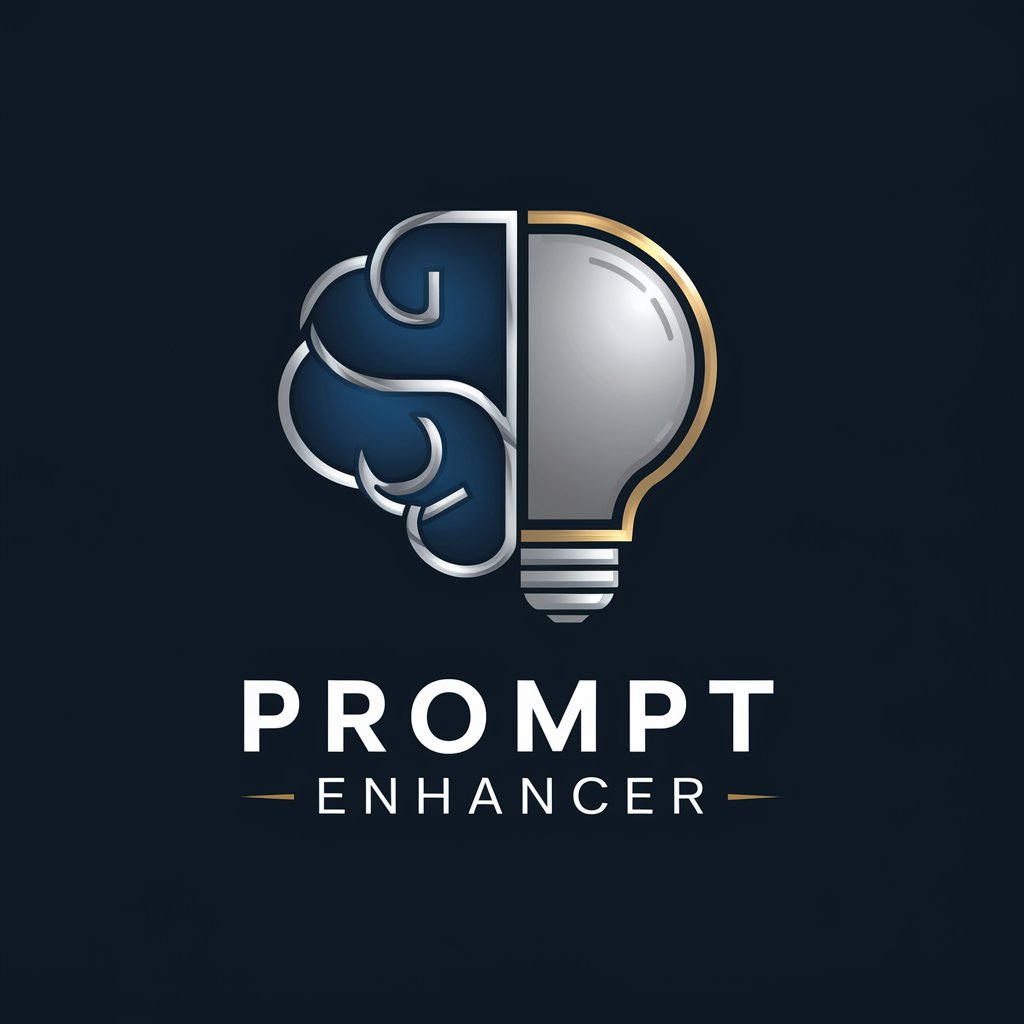
Fußball Manager 2024
Master Football Management with AI

Robo Eggert
Tailored programming insights in your academic journey.

Langchain Expert
Elevating AI with Expert Precision

Pinecone Coder
Empowering trading with AI-driven scripting.

Legal Intellect
AI-powered legal insights and analytics.
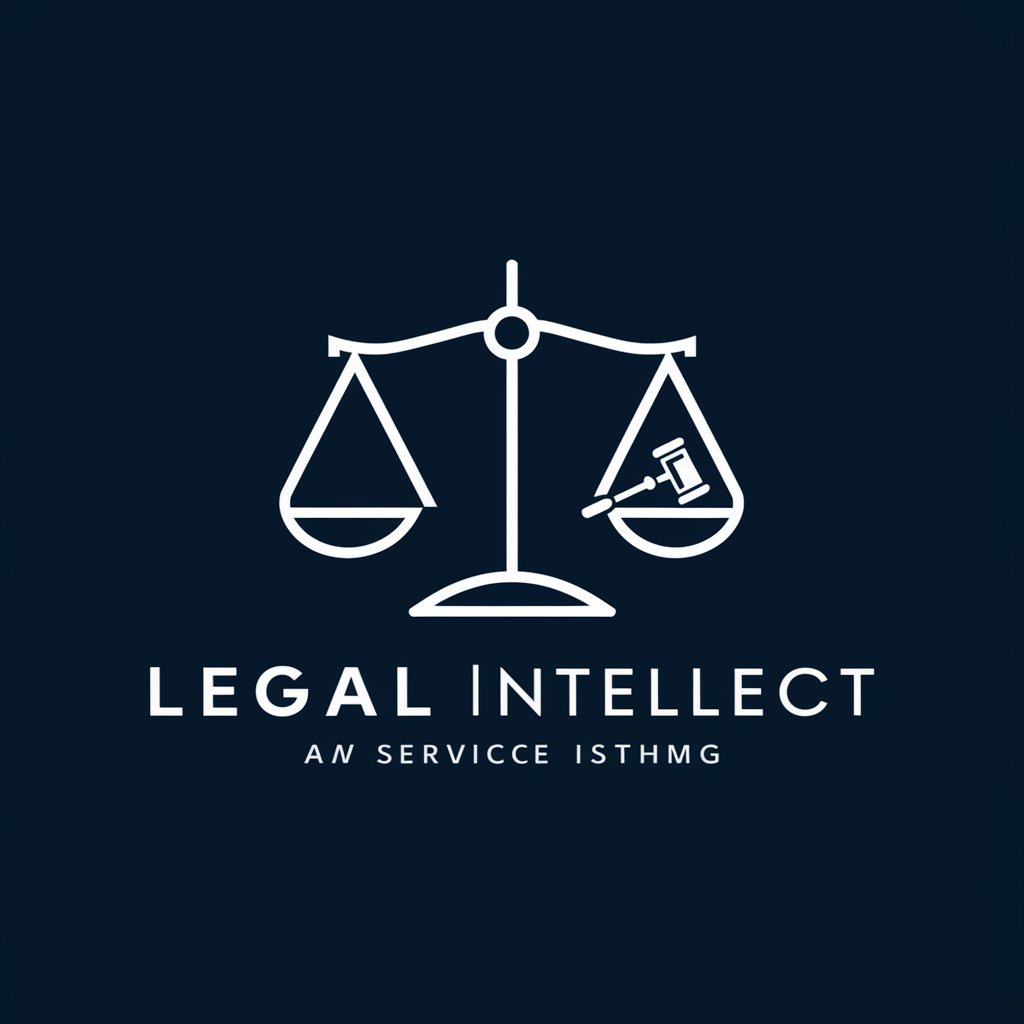
Thesis Helper
Empowering Your Thesis Journey with AI
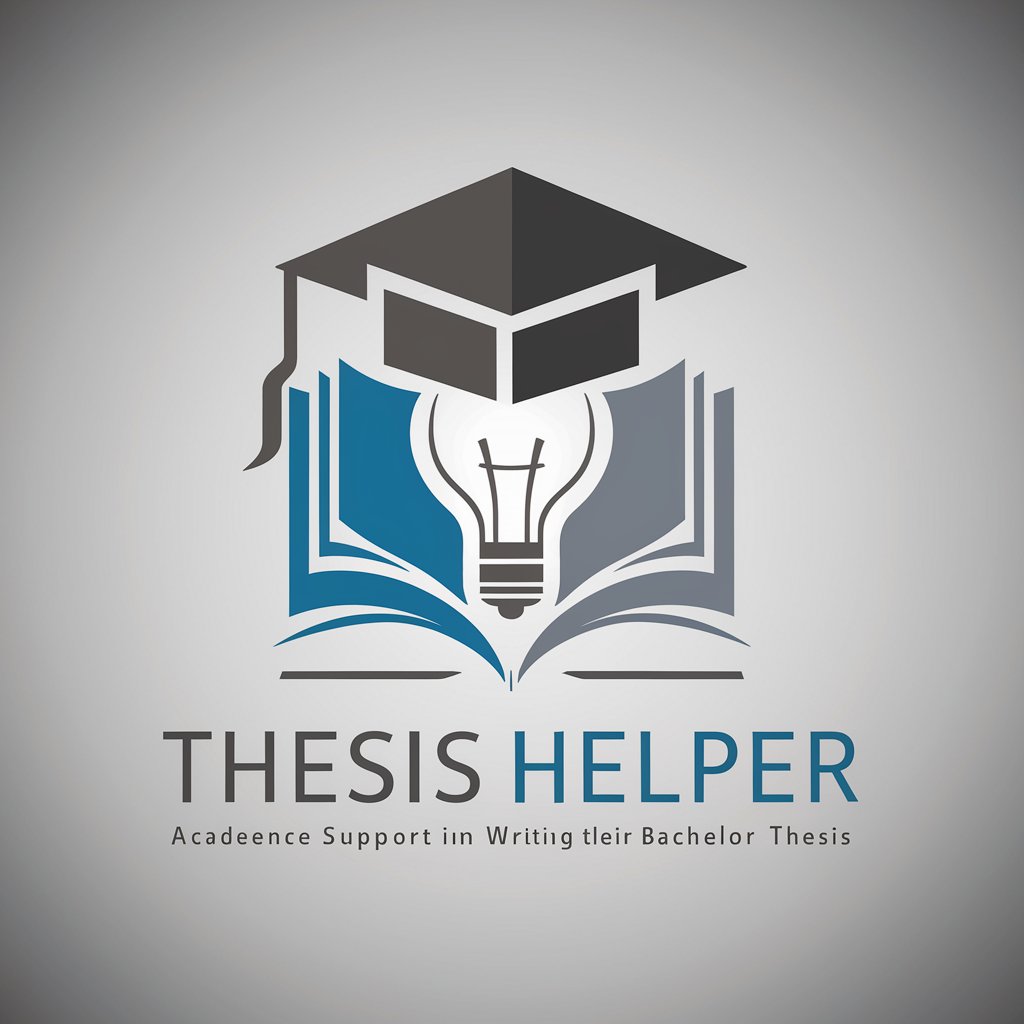
Innovation Insights Specialist
Empowering innovation through AI-driven insights

MECE Checker
Streamline Your Writing with AI-Powered MECE Analysis
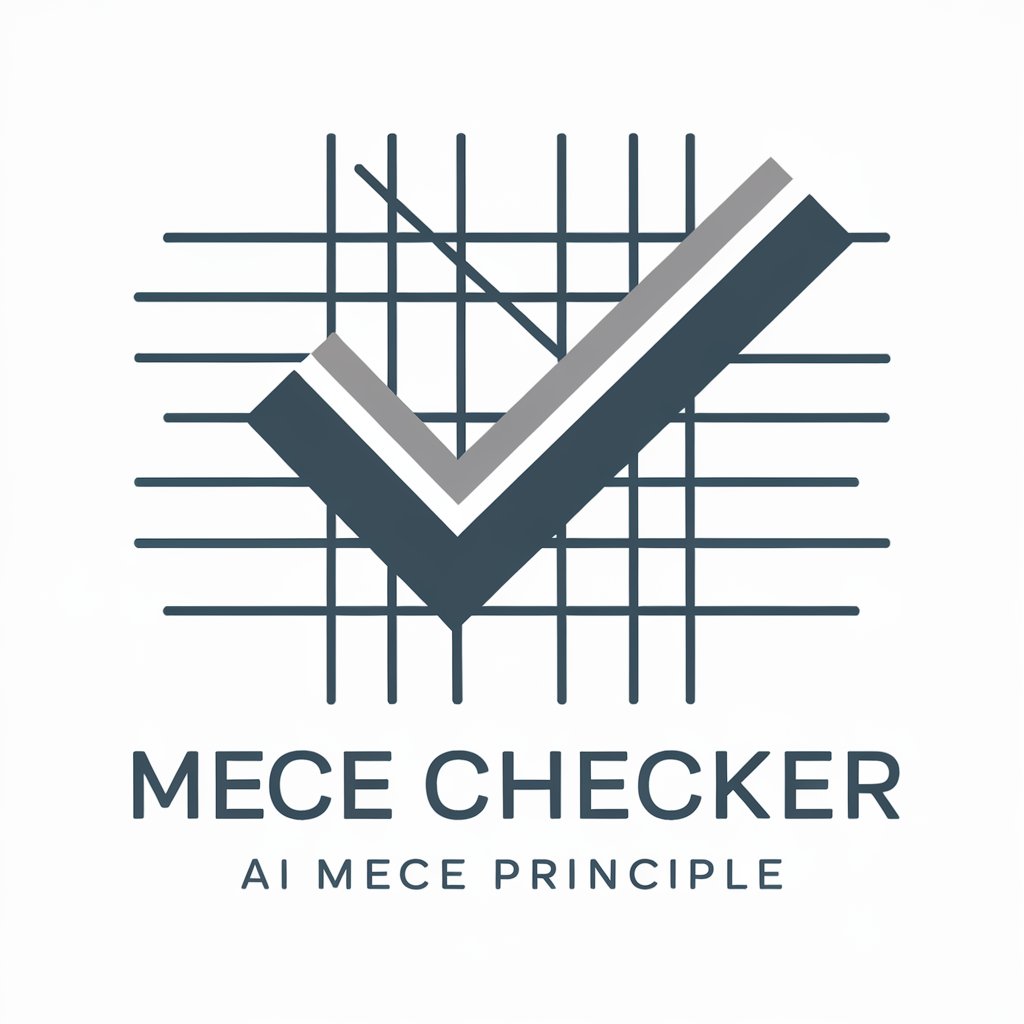
E-Learning | Drehbücher erstellen
Craft Engaging E-Learning Scripts with AI

Egger Consulting - Swiss Finance Guide
AI-powered Swiss Finance Navigator

Academic Explorer
Empowering Academic Inquiry with AI

Frequently Asked Questions about Authorship Analyst
What makes Authorship Analyst unique?
Authorship Analyst is tailored to distinguish between AI-generated and human-authored academic texts. It employs advanced algorithms to analyze text structure, vocabulary, and style, providing insights not just on authorship but also on ways to enhance academic writing.
Can Authorship Analyst detect plagiarism?
While its primary focus is on identifying AI or human authorship, Authorship Analyst's insights into writing style and structure can help educators and students be more vigilant about potential plagiarism by highlighting unusual patterns or inconsistencies.
How accurate is Authorship Analyst?
Authorship Analyst offers highly informed assessments based on current AI-writing trends and academic writing characteristics. However, it emphasizes probabilities, recognizing the evolving nature of AI and writing styles.
Is Authorship Analyst suitable for non-academic texts?
Though designed with academic texts in mind, Authorship Analyst's tools for analyzing structure, style, and vocabulary can be valuable for assessing a wide range of written materials, providing insights into their origins and composition.
Does using Authorship Analyst require technical expertise?
No, Authorship Analyst is designed to be accessible and easy to use. Its reports are detailed yet understandable, making it suitable for educators, students, and anyone interested in the nuances of text authorship and style.
